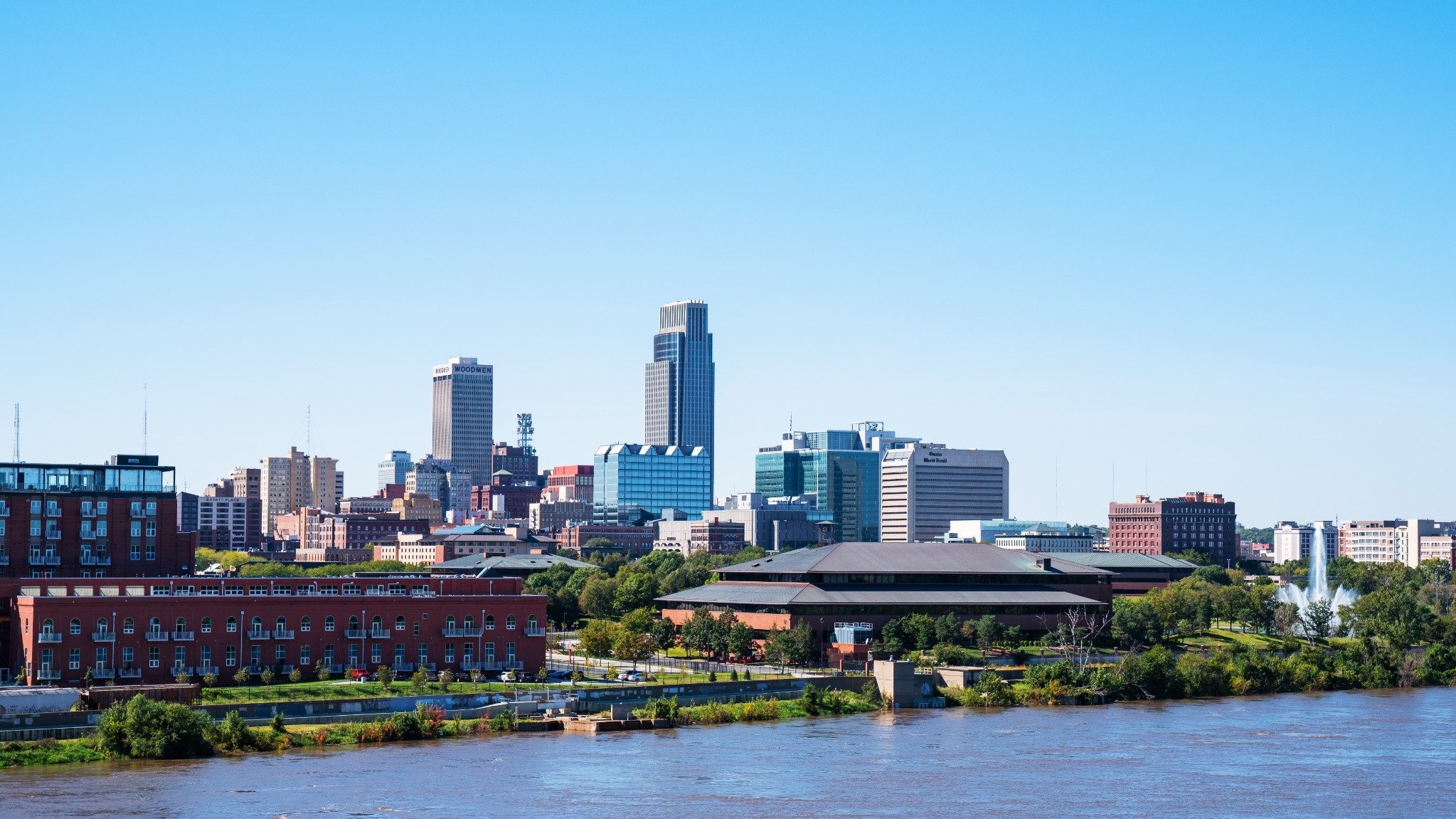
Strengthening Support for Public Safety Officers
In a decisive move, Congressman Don Bacon has reintroduced legislation aimed at increasing penalties for those who attack public safety officers. Dubbed the “Back the Blue Act,” this bill represents a significant step towards enhancing the protections afforded to individuals in law enforcement roles, which include not just police officers but also firefighters, federal judges, and rescue squad members. The proposed legislation would enforce mandatory minimum sentences for those convicted of assaulting these critical community figures, with severe repercussions for those who conspire to murder them.
The Need for Stronger Deterrents
Bacon articulated the urgency behind this bill during a meeting with law enforcement leaders in Omaha. He stated, “If somebody assaults a police officer or murders a policeman, they should never be back out on the street.” This sentiment echoes the broader national dialogue surrounding the challenges faced by public safety officers and the risks they encounter daily. Despite previous attempts to pass similar legislation in 2021 and 2023, Bacon is optimistic about garnering enough bipartisan support this time around, especially from lawmakers who recognize the vital role law enforcement plays in community safety.
Merging Community and Law Enforcement
In addition to toughening penalties, the “Back the Blue Act” pledges up to $20 million in grants specifically aimed at improving relationships between law enforcement agencies and the communities they serve. This provision highlights the importance of public trust and collaboration in reducing crime rates and ensuring safer neighborhoods. For homeowners and renters in Omaha, especially those investing in community-oriented initiatives, such efforts can create a sense of security that enhances property value and neighborhood quality.
Addressing Concerns About Law Enforcement Practices
During his discussions with local law enforcement, Bacon also tackled concerns surrounding recent legal proposals, such as California's plan to limit obscured identities of officers during operations. He argued that anonymity in certain circumstances, especially for agencies like Immigration and Customs Enforcement (ICE), is crucial for protecting the safety of officers and their families. Understanding these nuances is essential for Omaha families who wish to support responsible policing while ensuring their safety and privacy.
What Does This Mean for Omaha Residents?
For Omaha community members, particularly those aged 30 to 55 such as homeowners, renters, and young families, understanding these legislative changes is key. The enactment of the “Back the Blue Act” has the potential to make Omaha a safer place, influencing not just immediate perceptions of safety, but also longer-term investments in local real estate and community projects. As discussions about public safety evolve, the role of engaged and informed citizens will be paramount in shaping a collaborative future.
In Summary
The introduction of the “Back the Blue Act” offers a renewed pathway for strengthening public safety and fostering cooperation between law enforcement and the community. As potential homebuyers and future residents of Omaha consider their living environments, knowing that efforts are in place to protect law enforcement could be an influential factor in their decision-making process. Public safety is not merely a concern for law enforcement but a shared responsibility and investment for all community members.
For those committed to enhancing community safety and supporting local law enforcement, getting involved in local discussions and staying informed about legislations such as the “Back the Blue Act” can empower you to contribute meaningfully to the neighborhood’s well-being.
 Add Row
Add Row  Add
Add 




Write A Comment